SYNOPSIS | This personal narrative explores the profound impact of childhood experiences on one’s ability to form healthy and fulfilling relationships. The author reflects on their own journey of self-discovery and healing, revealing how the toxic dynamics witnessed in their family influenced their approach to love and connection. The story emphasises the importance of self-awareness and personal growth in breaking free from the patterns of the past and building nurturing, mutually fulfilling relationships. It is a powerful reminder that true love should empower and validate one’s worth, never intentionally causing harm.
Relationship: What does this word mean to you?
Is it simply associated with romance between two people, or does it extend beyond the typical ideology? As I embarked on a continuous self-love journey, I adapted a deeper insight into my own modus operandi in relationships, which involves those connections with family, friends, co-workers and intimate partners. I recognise that within the social institution of the family is where we learn what relationships are and what they are not. This is where relationships’ ideas, beliefs and norms are born, essentially being a blueprint for how we interact and cope within the larger world to which we belong.
 Growing up, I was labelled to be the “different one.” I did not satisfy the typical expectations of those around me, which now I can see had nothing to do with me but the reality they lived. It was not until last year, through introspection and speaking with a professional I acknowledged that I lived my life feeling like something was wrong with me. My feelings of abandonment, being unheard and unseen, were rooted in my experiences as a child. These uncomfortable feelings infiltrated my adult life and, indeed, affected the relationships I had over the years.
Growing up, I was labelled to be the “different one.” I did not satisfy the typical expectations of those around me, which now I can see had nothing to do with me but the reality they lived. It was not until last year, through introspection and speaking with a professional I acknowledged that I lived my life feeling like something was wrong with me. My feelings of abandonment, being unheard and unseen, were rooted in my experiences as a child. These uncomfortable feelings infiltrated my adult life and, indeed, affected the relationships I had over the years.
For instance, my first encounter with something close to a partner felt like a breath of fresh air from the life I was accustomed to at home. Upon reflection, I settled for poor treatment and bad behaviour towards me because this was the norm growing up. The women in my family were subordinated and silenced their feelings for the sake of peace in the home. This portrayed the message to me that it was okay to be the one to sacrifice your needs and wants for the greater good, which was peace and that it was unnatural to permit myself to feel because I had to think about how everyone else would be affected.
Therefore, relationships were unequal, inequitable and sacrificial. Choosing everyone else above you for “peace” was necessary to avoid conflict. In making my path in my own life, I took these characteristics with me: overcompensating, giving in surplus and settling for the bare minimum from partners or potential partners because if I didn’t, then it meant I did not truly love or care for the person I claimed to have feelings for. As a child, I recognised that relationships were structured in such a way that one person had more power than the other. In the process of overcoming the toxic traits absorbed during childhood, there are profound truths from each of our experiences that we must extract and use as tools to reconstruct our stories and, to a deeper extent, the way in which we define, frame and tolerate the types of relationships in our lives.
I know this for certain: If you had to survive violent and toxic environments, you have a right to reject any treatment that resembles or mirrors the devastatingly terrible feeling of emotional damage, harm and violence. That is not love; love may hurt but does not do so with deliberation. Love sets you free, holds you, reassures you, and nourishes your very existence. Love shows you that you matter, your voice is important, your feelings are valid and that you are special and deserve a place among everyone else.
 In the world of human relationships, this big question pops up from our growing-up days: Do we need to deal with our own vulnerabilities first before we can build a solid foundation for better interactions? Can we ditch the emotional baggage we’ve picked up along the way, stuff that’s stuck in our heads, so we can see the difference between what makes a relationship thrive and what makes it implode?
In the world of human relationships, this big question pops up from our growing-up days: Do we need to deal with our own vulnerabilities first before we can build a solid foundation for better interactions? Can we ditch the emotional baggage we’ve picked up along the way, stuff that’s stuck in our heads, so we can see the difference between what makes a relationship thrive and what makes it implode?
This deep question dives into how we grow personally and how we connect with others. It’s like asking if we need to face our past experiences, like ships facing stormy seas, before we can really settle into relationships where emotions are stable and everyone’s doing well.
This question pushes us to dig into our history and wonder if we’ve got to explore all the messy stuff from our past before we can lock into nurturing and mutually fulfilling relationships.
It’s a question that hits home for anyone trying to figure out the crazy world of human connections. It’s all about realising how self-awareness and personal growth are super important when we’re on the hunt for lasting, meaningful relationships.





